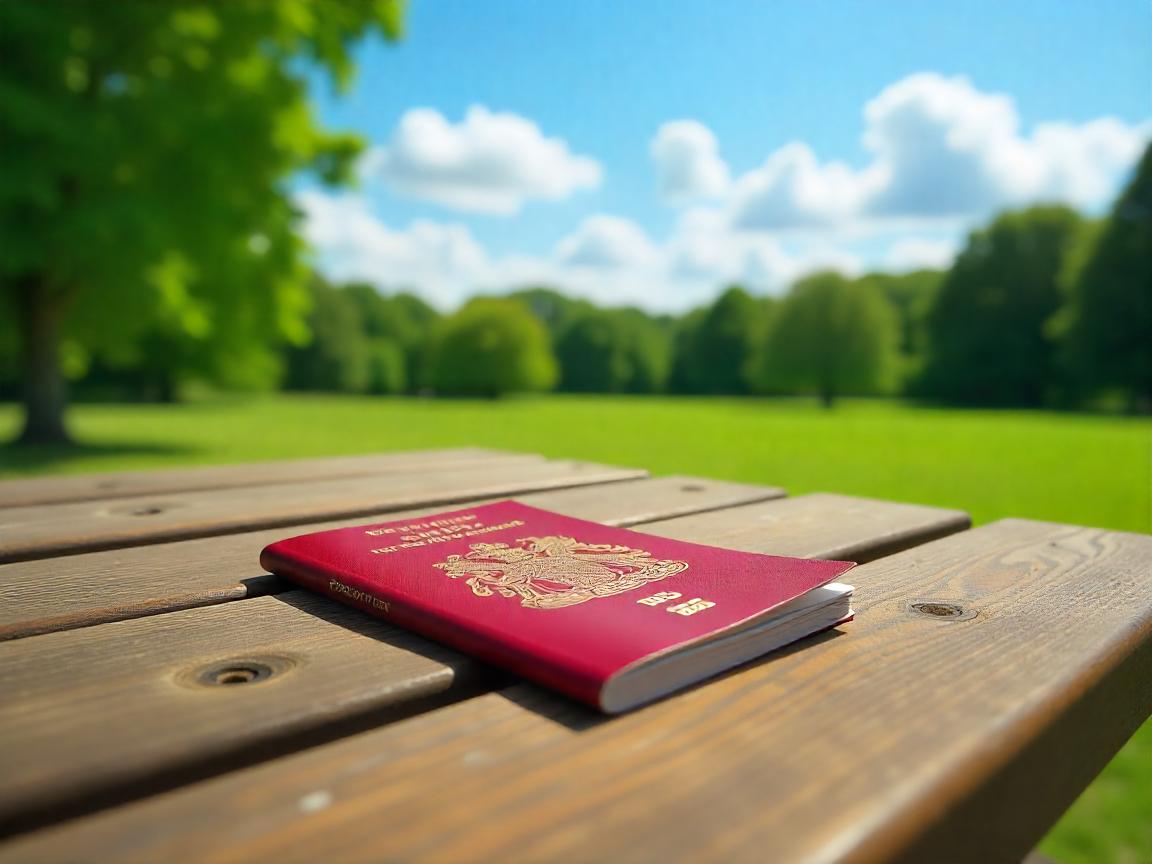Home » VISA AND PASSPORT NEWS » Travelers urged to check passport validity and expiry dates to avoid entry issues in Europe this summer
Sunday, May 18, 2025
UK travellers face critical passport checks to ensure seamless and stress free journeys across Europe this summer as new rules have tightened entry requirements following Brexit. Since the UK is now treated as a third-country by the EU and Schengen states, passports must meet stricter validity conditions, including being issued within the last ten years and remaining valid for at least three months beyond the return date. Failure to comply with these rules can result in denied entry or travel disruptions, making it essential for travellers to verify their passport status well ahead of their trips.
UK travellers holding the old burgundy passports must pay close attention to new travel regulations before heading to popular destinations like Spain this summer. Since Brexit, UK citizens are now classified as “third-country nationals” when entering the European Union and the Schengen area, meaning they must comply with stricter entry requirements.
The transition from the traditional burgundy passport to the newer dark blue version began in October 2019. Many travellers still carry the older burgundy passports, but it is crucial to verify not only the validity of these passports but also when they were issued. For entry into the EU and Schengen zone, passports must have been issued within the last ten years from the date of departure and must remain valid for at least three months beyond the planned return date.
This rule can create confusion because the UK Passport Office previously allowed up to nine months of validity to be added from an older passport to a new one. This practice means some burgundy passports may still be technically valid for travel to other parts of the world but might not meet the EU’s stricter requirements, potentially causing problems at the border.
The UK government confirms that if a traveller has a valid passport, they generally do not require a visa for short stays within the EU or Schengen countries, provided that two main conditions are met: the visit lasts no longer than ninety days within any 180-day period, and the trip is for tourism or certain permitted activities.
Permitted activities beyond tourism include attending short courses, seeking medical treatment, travelling on business for a UK employer—such as attending meetings or conferences—and conducting journalistic or media-related activities.
Anyone with an older burgundy passport that is no longer valid under these new rules should consider applying for a replacement as soon as possible. Processing times for a new passport typically take around three weeks, so early action is advisable to avoid any travel disruptions.
The cost for a standard adult passport with 34 pages—available to individuals aged 16 and over—is £94.50 when applied for online, while paper applications cost £107.
For travellers who need their passport more quickly, the UK Passport Office offers two expedited services, both available for an additional fee.
The fastest option is the one-day premium service. Appointments for this service can be scheduled no earlier than two days after applying. At the appointment, applicants must surrender their old passport, and the new passport will be ready for collection from the passport office just four hours later. This premium service is only available for adult passport renewals and costs £222 for the standard 34-page passport, or £235 for the 54-page version designed for frequent travellers.
The second expedited option is the one-week fast track service. The earliest appointment can be booked the day after the application is submitted. Following the appointment, the new passport will be couriered to the applicant within one week. This service caters to a wider range of needs, including renewing a passport, updating personal details such as name or gender, replacing lost, stolen, or damaged passports, and applying for child passports.
The fast track service fees are £178 for a standard adult passport and £191 for a 54-page frequent traveller version. For children, the cost is £145 for the standard passport and £158 for the frequent traveller variant.
Travellers are urged to confirm their passport’s validity in accordance with the latest regulations to ensure smooth passage through border controls in the EU and Schengen zone. Failure to meet these requirements could lead to denied entry or unexpected delays during travel.
In summary, UK nationals travelling to Europe this summer must verify that their passports, especially the older burgundy versions, were issued within the last decade and have sufficient validity beyond their return date. Those with passports that do not meet these criteria should prioritize applying for a new passport well in advance of their travel plans. Expedited services are available for those needing faster processing, but come with higher fees.
UK travellers must urgently check their passport validity due to stricter EU entry rules after Brexit. Passports need to be issued within the last ten years and valid for at least three months beyond the return date to avoid travel disruptions.
By preparing accordingly, British travellers can avoid complications and enjoy seamless travel throughout their EU and Schengen journeys this season.
